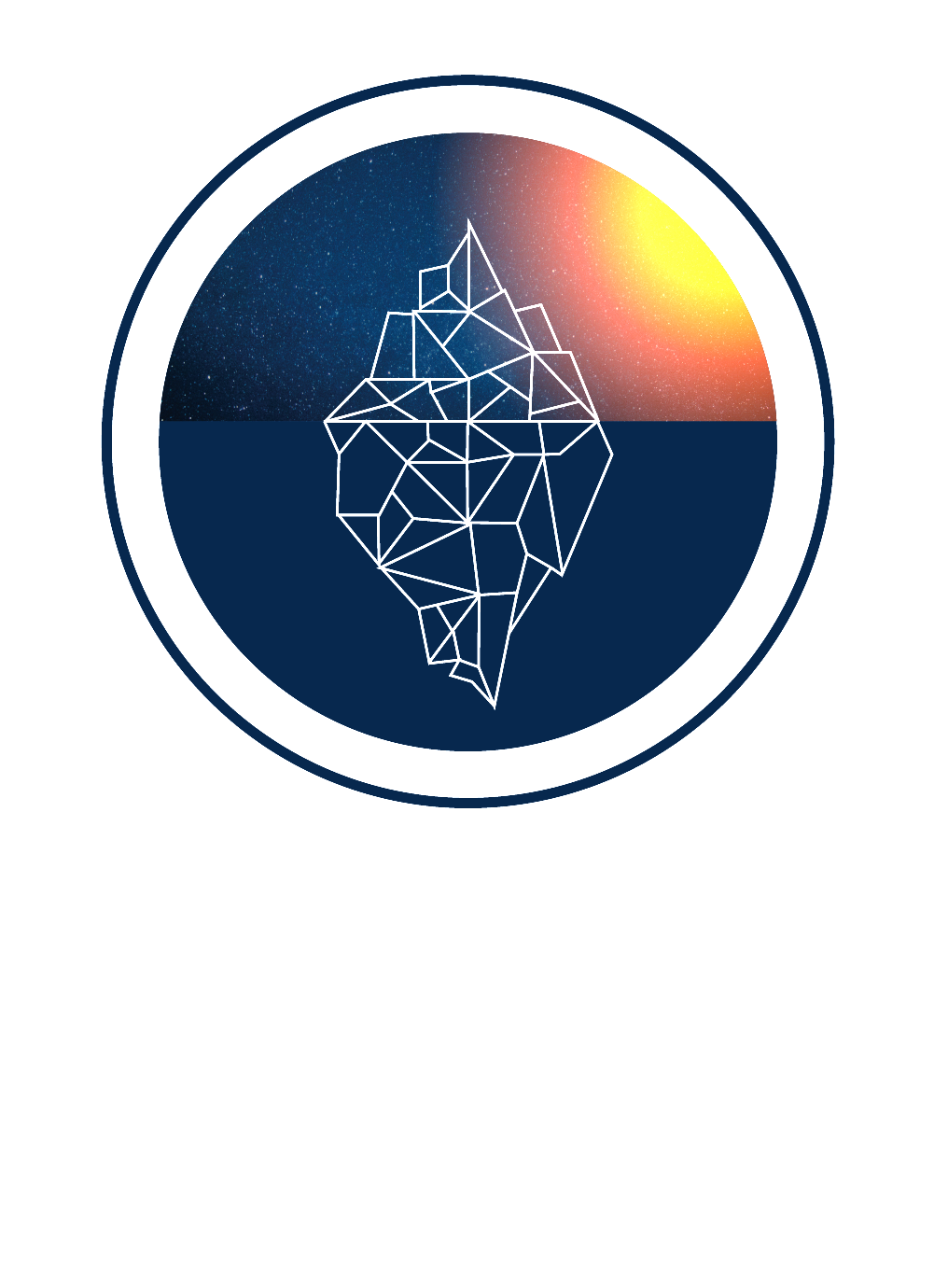Get started with an introductory assessment
What is a Life Coach Melbourne
A life coach
Is someone professionally trained to help the client maximize their full potential and reach their desired results. Deeper Potential life coach Melbourne is there to check in and challenge the client through systems of accountability and action steps to ensure the client is working towards meaningful life goals. Contact us to find out how a life coach can help you.
The role of the coach is to help the client overcome self-limiting mindsets and belief systems so they can see the opportunity for change and growth in their life.
Life coaching is about helping you implement The right SYSTEM; The right SUPPORT; The right ACCOUNTABILITY – To move past the things that are stopping you and towards the things that you want in your life! It is about working with you to set up the conditions for inevitable success.
The right system means the right steps in the right order; The right support means someone to help encourage you when you’re feeling stuck; And The right accountability is being there to ensure you follow through on what you set out to achieve.
According to Tony Robbins, a life coach helps identify the obstacles to achieving what the client wants and helps develop a plan and the steps to overcome them.
The difference: A Life Coach and Mental Health Professionals
A life coach is there to work with the client through systems of accountability and action steps to ensure the client is working towards meaningful life goals. A mental health professional’s role is to provide diagnosis, treatment and ongoing assistance with mental or emotional difficulties. A coach may not provide treatment for mental health issues, but rather helps the client overcome self-limiting mindsets and belief systems to provide the opportunity for change and growth in their lives.

How much do life coaches charge?
The cost of a life coach depends on various factors. Some of these include the type of coaching, the skills required by the coach, the results the client will achieve and how much time is involved in the work. Life Coaches in Australia can charge anywhere between $150 to $650 per session, depending on the type of session. For example, an entry level may work with individual clients on basic life goals. However, a life coach with many years of experience, working with large corporate groups may charge $500 or more for a session in their program.
What you can work towards with Deeper Potential Life Coach Melbourne
Towards Self Assurance;
A Brighter outlook;
Positive self-worth;
Greater certainty and clarity;
Releasing pressure, restoring calm;
Renewed energy;
Greater hope and meaning;
Stronger passion and focus;
Deeper level of connection.

